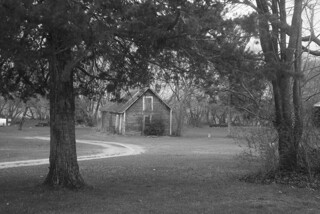Do you like breathing?
This is a paper from Nature. It is one of the top tier scientific journals.
Phytoplankton in the oceans are the source of most of the oxygen we breathe.
Nature 466, 591-596 (29 July 2010) | doi:10.1038/nature09268; Received 21 January 2010; Accepted 9 June 2010
Global phytoplankton decline over the past century
Daniel G. Boyce1, Marlon R. Lewis2 & Boris Worm1
Biology Department, Dalhousie University, Halifax, Nova Scotia, Canada, B3H 4J1
Department of Oceanography, Dalhousie University, Halifax, Nova Scotia, Canada, B3H 4J1
Abstract:
In the oceans, ubiquitous microscopic phototrophs (phytoplankton) account for approximately half the production of organic matter on Earth. Analyses of satellite-derived phytoplankton concentration (available since 1979) have suggested decadal-scale fluctuations linked to climate forcing, but the length of this record is insufficient to resolve longer-term trends. Here we combine available ocean transparency measurements and in situ chlorophyll observations to estimate the time dependence of phytoplankton biomass at local, regional and global scales since 1899. We observe declines in eight out of ten ocean regions, and estimate a global rate of decline of ~1% of the global median per year. Our analyses further reveal interannual to decadal phytoplankton fluctuations superimposed on long-term trends. These fluctuations are strongly correlated with basin-scale climate indices, whereas long-term declining trends are related to increasing sea surface temperatures. We conclude that global phytoplankton concentration has declined over the past century; this decline will need to be considered in future studies of marine ecosystems, geochemical cycling, ocean circulation and fisheries.











